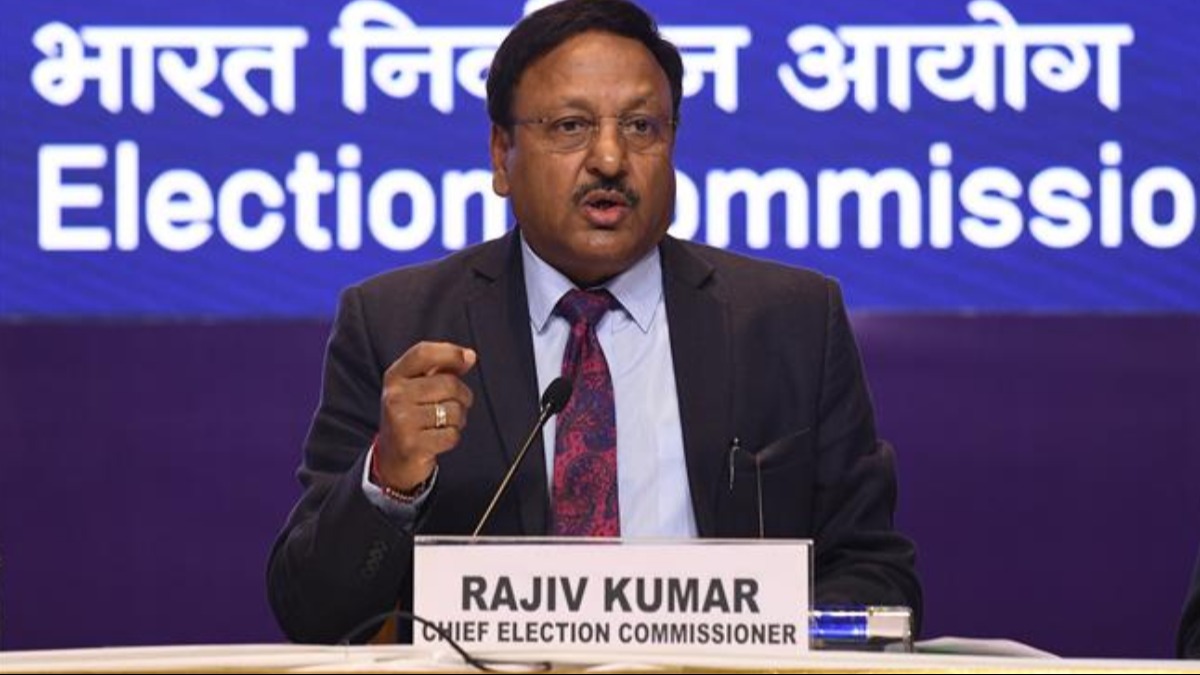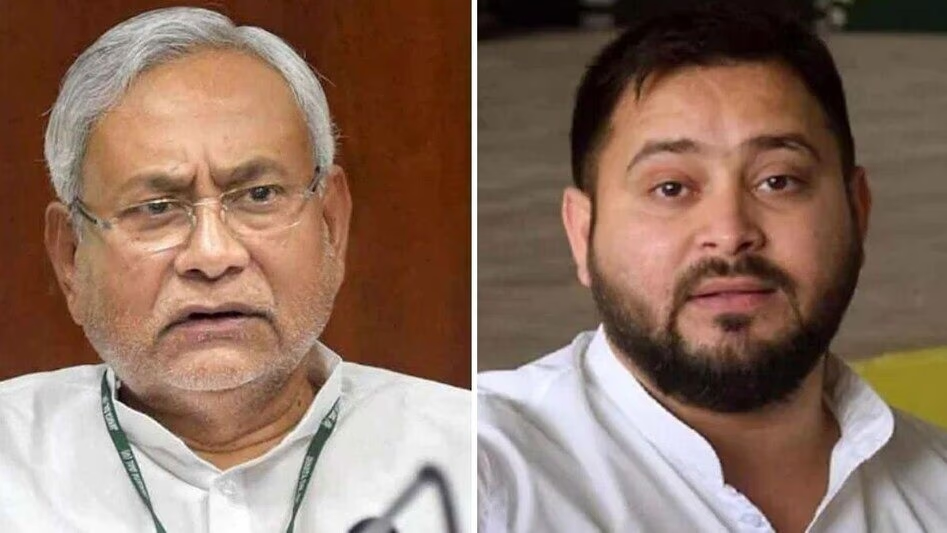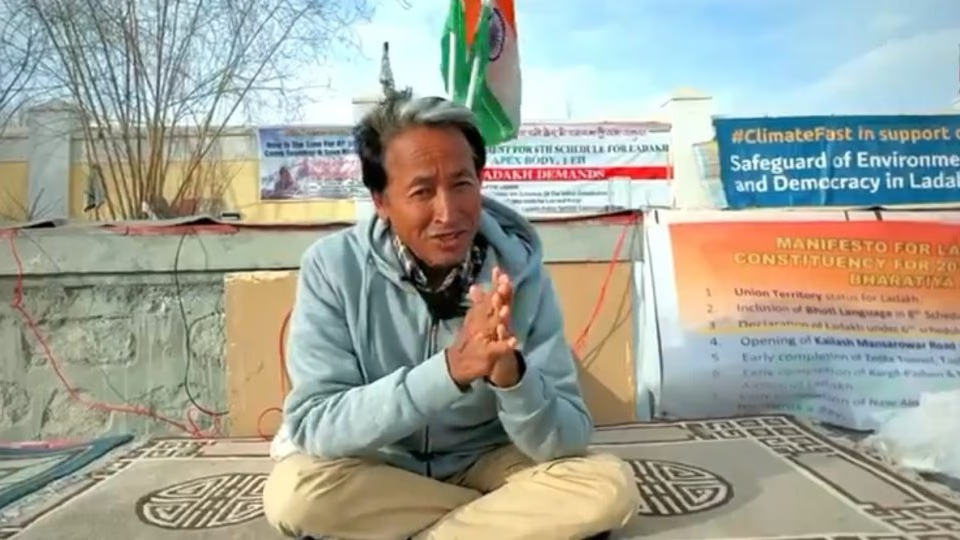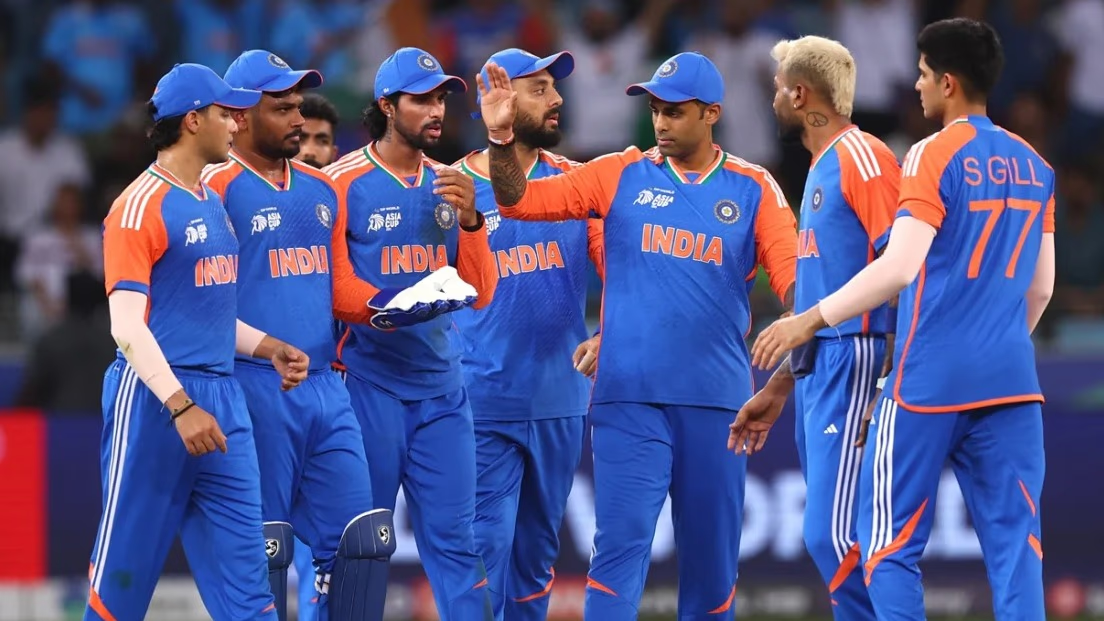With only weeks remaining for the Lok Sabha elections, India's Election Commission is poised to announce the election schedule any time this month. Prior to this, in a surprising turn of events, Election Commissioner Arun Goel has tendered his resignation from office. Following his departure, Chief Election Commissioner Rajiv Kumar is the sole member remaining. The dual posts of Election Commissioners stand vacant. Prior to Arun Goel, the other Election Commissioner Anup Chandra Pandey retired in February this year, with his successor yet to be appointed. Now the question arises, will Chief Election Commissioner Rajiv Kumar be handling the upcoming Lok Sabha elections on his own?
Over the past four years since Ashok Lavasa, Goel is the second Election Commissioner who stepped down. Nonetheless, Lavasa's term was marked by publicized disagreements with the CEC and fellow Commissioners. In August 2020, Lavasa resigned from his post and was later appointed as the Vice President of the Asian Development Bank. Arun Goel was a 1985 batch Indian Administrative Service officer from the Punjab cadre. He undertook voluntary retirement on November 18, 2022, and was controversially appointed as Election Commissioner the following day, sparking debates and culminating in a Supreme Court intervention.
The apex court summoned the appointment records of Arun Goel and inquired why the government rushed his appointment. Goel retired after more than 37 years of service as Secretary of the Ministry of Heavy Industries, Government of India. Born on December 7, 1962, in Patiala, he holds an M.Sc. in Mathematics. He was awarded the Chancellor's Medal of Excellence for securing first class first in all examinations of Panjab University and for being a record-breaker. He is a postgraduate with distinction in Development Economics from Churchill College, Cambridge, and received his training at the Harvard University's John F. Kennedy School of Government.
Amendment in the law regarding appointment of Election Commissioners
It is noteworthy that the government has recently enacted a new law 'Chief Election Commissioner and other Election Commissioners (Appointment, Service Conditions, and Tenure) Act 2023' concerning the appointment of Election Commissioners. The new legislation excludes the Chief Justice of India (CJI) from the selection committee responsible for nominating Election Commissioners. The revised selection committee includes the Prime Minister, a nominated cabinet minister, and the Leader of the Opposition in the Lok Sabha. The new act replaces the 'Election Commission (Conditions of Service of Election Commissioners and Transaction of Business) Act, 1991', which initially mandated the inclusion of CJI in the selection panel.
The Election Commission of India is constituted of three members
The Election Commission of India is constituted under the provisions of Article 324 of the Constitution, with appointments made by the President, and includes the Chief Election Commissioner (CEC) alongside two additional Election Commissioners (ECs). The Indian Election Commission, established in 1950, functioned as a single-member body with only the CEC until October 15, 1989. Then, from October 16, 1989, to January 1, 1990, it transformed into a three-member body with R.V.S. Peri Sastri as the CEC and S.S. Dhanoa and V.S. Seigell serving as Commissioners. From January 2, 1990, to September 30, 1993, it reverted to a single-member body before once again becoming a three-member body on October 1, 1993, a composition it has maintained since then.
CEC and other ECs have a tenure of 6 years
The tenure of the Chief Election Commissioner and the other two Election Commissioners is fixed for 6 years. The retirement age for the CEC is 65 years, while that for ECs is 62 years. The post and salary scale of an Election Commissioner are equivalent to a Supreme Court judge. The Chief Election Commissioner can only be removed through impeachment by the Parliament or can resign voluntarily. The Election Commission of India is entrusted with the responsibility of conducting elections for the Assembly, Lok Sabha, Rajya Sabha, President, and Vice President.




